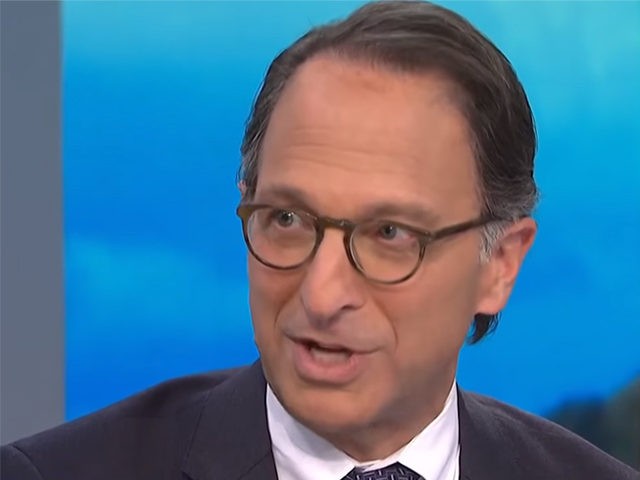Andrew Weissmann, former top prosecutor for Robert Mueller’s special counsel team investigating the president, lamented in an interview published Monday in The Atlantic that they could not do more.
Mueller’s report, which came out in early 2019, said there was no evidence of criminal conspiracy, cooperation, or coordination between the Trump campaign and Russia, and declined to make a judgment on whether President Trump had obstructed justice.
Weissman said that the special counsel was hampered by internal divisions and that Mueller’s integrity allowed Trump to escape accountability.
“There’s no question I was frustrated at the time,” he said in the interview. “There was more that could be done that we didn’t do.”
In his new book on the investigation, Where the Law Ends, he claims that the president’s ability and threats to shut down the special counsel also caused them to pull their punches.
For example, he said the special counsel shied away from subpoenaing Don Trump Jr. to testify about his notorious June 2016 meeting in Trump Tower with a Russian lawyer offering dirt on Hillary Clinton, or subpoenaing Ivanka Trump.
“Had we given it our all — had we used all available tools to uncover the truth, undeterred by the onslaught of the president’s unique powers to undermine our efforts?” he wrote. “I know the hard answer to that simple question: We could have done more.”
He also argued that the team was hamstrung by Mueller’s decision not to look into Trump’s financial dealings with Russia that “might” have established a source of Russian leverage over Trump, and he argued that Trump’s pardon power kept them from being able to push uncooperative targets.
Weissmann blames one of Mueller’s other top deputies, a lawyer named Aaron Zebley, for the team’s timidity. But he said these were ultimately Mueller’s decisions and faulted Mueller’s aversions to having an explosive confrontation with the White House.
Weissman also argued that Attorney General William Barr betrayed Mueller by declaring that the special counsel’s report exonerated Trump.
He said Mueller and Barr were old friends, and that before submitting the report, Mueller informed Barr of his decision on obstruction and that Barr did not object.
But Weissman wrote that Barr saw a chance to characterize the report as exonerating Trump, betraying “both friend and country.”
He told The Atlantic that Mueller had let the people down, but added, “I wouldn’t phrase it as just Mueller. I would say ‘the office.’ There are a lot of things we did well, and a lot of things we could have done better, to be diplomatic about it.”
Asked by The Atlantic if it was a “historic missed opportunity,” Weissman replied, “That’s fair.”
Follow Breitbart News’s Kristina Wong on Twitter or on Facebook.

COMMENTS
Please let us know if you're having issues with commenting.